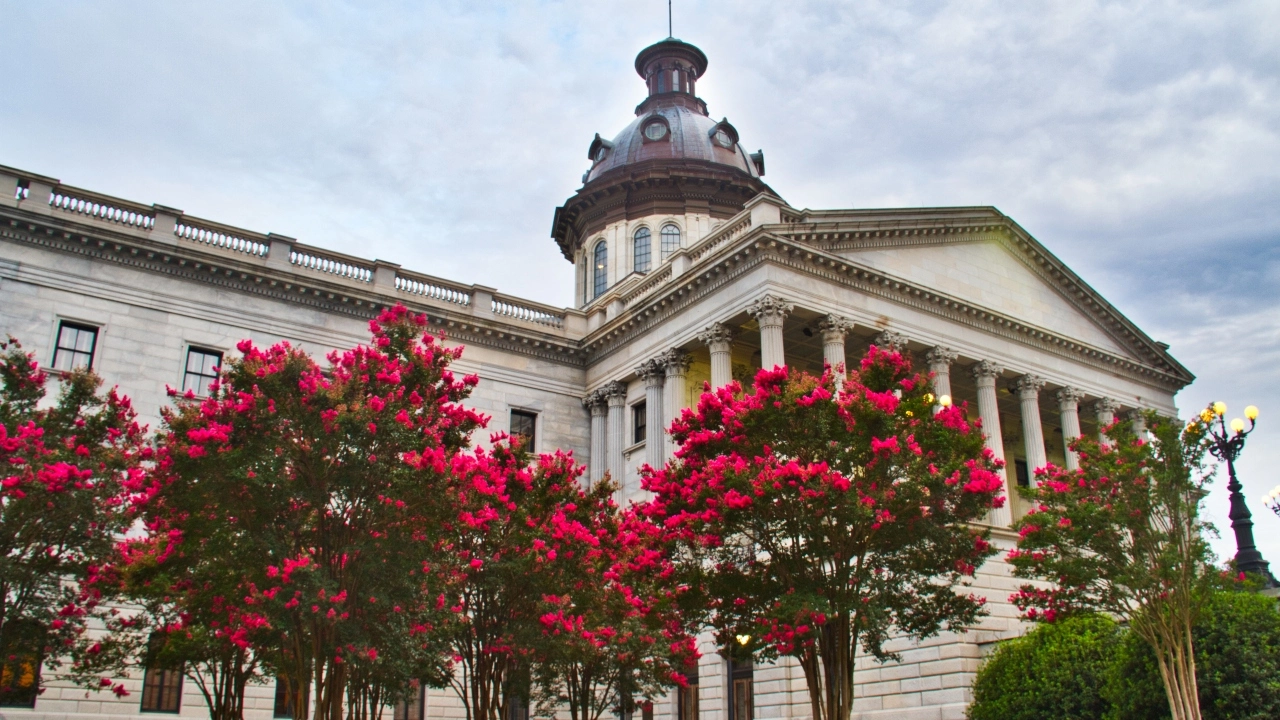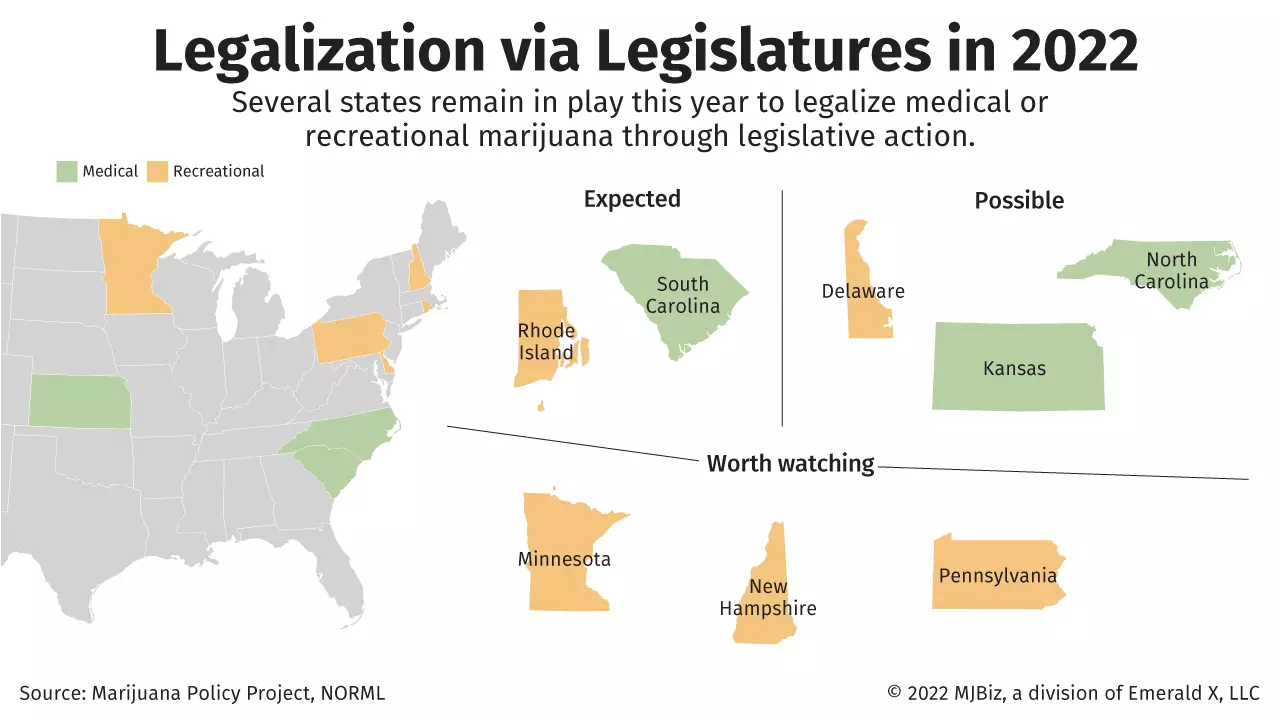A medical marijuana bill in South Carolina died unexpectedly on a technicality.
A state House leader ruled that the South Carolina Compassionate Care Act, S. 150, couldn’t be considered by lawmakers further because it included an unconstitutional tax increase, the Associated Press reported.
The Senate had passed the measure in February by a 28-15 vote.
The decision in the House reportedly stunned Senate leaders and added to an already strained relationship between the two chambers.
The MMJ legalization effort has been led by Sen. Tom Davis since 2015.
Davis said he believed the bill had enough votes to pass the lower chamber, according to the AP, and that opponents resorted to a last-ditch procedural maneuver to kill it with just days left in the legislative session.
But he said he would continue to fight to legalize medical marijuana, even looking at options during the remaining days of the session.
“There’s frustration. Seven years worth of work. Seven years worth of public testimony,” Davis said, according to the AP.
Davis had drafted a purposely restrictive measure to improve its chances of passage in a conservative legislature.
Business leaders need reliable industry data and in-depth analysis to make smart investments and informed decisions in these uncertain economic times.
Get your 2023 MJBiz Factbook now!
Featured Inside:
- 200+ pages and 50 charts with key data points
- State-by-state guide to regulations, taxes & opportunities
- Segmented research reports for the marijuana + hemp industries
- Accurate financial forecasts + investment trends
Stay ahead of the curve and avoid costly missteps in the rapidly evolving cannabis industry.
The only medical marijuana products allowed would have been oils, salves, patches or vaporizers.
The measure called for 15 cultivators, 30 processing facilities and one “therapeutic cannabis pharmacy” for every 20 pharmacies in the state, or about 65, according to a Marijuana Policy Project bill summary.




